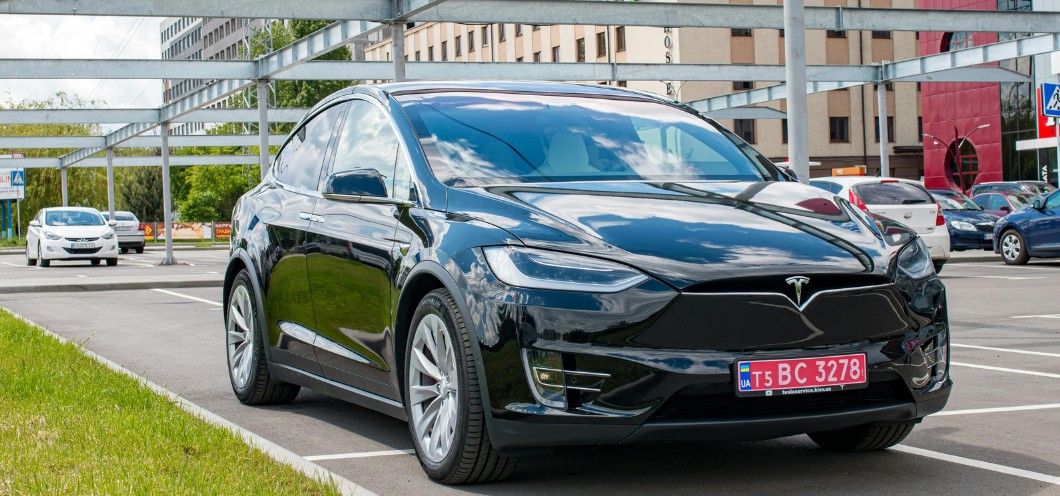- Samita Nayak
- 646
The case for electric vehicles (EVs) is no longer simply about going green or saving on fuel, but about status symbols, strategic investments, and lifestyle. Although compact EVs are well-liked by environmentally conscious consumers, it’s the luxury EV category that’s turning heads among business elites and professionals with a high net worth.
So, why the shift toward premium electric cars among executives? Let’s take a look at the forces behind it and what they might mean for the businesses charting the future of transportation.
ALSO READ: Social Proof and Influencer Impact: Strategizing for the Age of Digital Persuasion
The Prestige Factor
For many leaders, cars are more than just a means of transportation—but rather a statement.
Luxury EVs like those made by Tesla, Porsche, and Mercedes-Benz say “innovative,” “successful,” and “forward-thinking leader.” It projects the message that when you drive one, you’re saying this loudly to clients, colleagues, and employees: We accept the future. In sectors where perception tends to dictate partnerships, the message counts.
Performance Meets Sustainability
Long gone are the days of electric cars as glorified golf carts.
Luxury models provide instant torque, silent acceleration, and performance on par (or better) than conventional supercars. For corporate executives, that gives the best of both worlds: state-of-the-art performance and alignment with sustainability objectives. And in today’s business environment, sustainability is no longer discretionary; it’s integral to brand reputation and ESG strategy.
Global Policies Driving Adoption
Governments across the globe are making major pushes to boost electric vehicle adoption.
Tax credits in the United States, Europe’s tighter emission rules, and Asia’s investment in electric-vehicle infrastructure all create incentives to buy luxury electric vehicles for executives. For leaders who are typically early adopters, and out of necessity, it’s not just about compliance as much as it is about staying ahead of both regulation and market shifts.
Technology Integration: Automobiles as Smart Offices
Time is money for executives.
Luxury EVs also serve as on-the-go offices. With capabilities such as sophisticated infotainment systems, seamless video calls, AI-driven voice assistants, and real-time directions, EVs are no longer cars—they’re productivity centers. This ability is attractive to leaders who view technology not as a toy, but as a business benefit.
Total Cost of Ownership Matters
Here’s the surprise: luxury EVs can be as smart as they look.
Although the initial price is steep, reduced fuel and maintenance costs make them more economical in the long run. Factor in possible government incentives and tax deductions, and CEOs are finding that luxury electric vehicles can do wonders for both their personal image and their bottom lines.
The Bottom Line
Luxury EVs are no longer a niche—they’re the default option for visionary executives. They bring together prestige, performance, environmental responsibility, and long-term cost savings in a package that few other investments can match.
For executives, the message is clear: buying a luxury EV is not merely driving a stylish car—it’s about communicating innovation, demonstrating ESG compliance, and embracing the mobility of the future.
Tags:
Electric VehiclesFuture of TransportAuthor - Samita Nayak
Samita Nayak is a content writer working at Anteriad. She writes about business, technology, HR, marketing, cryptocurrency, and sales. When not writing, she can usually be found reading a book, watching movies, or spending far too much time with her Golden Retriever.
Popular Post





